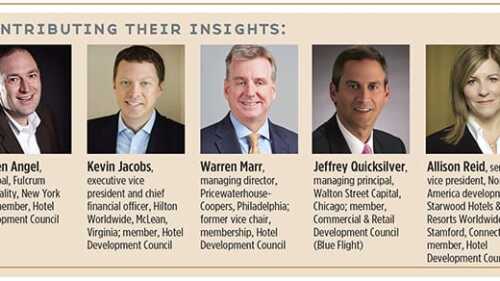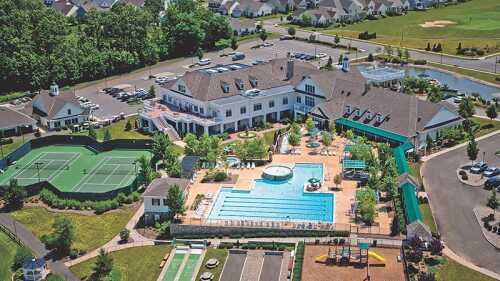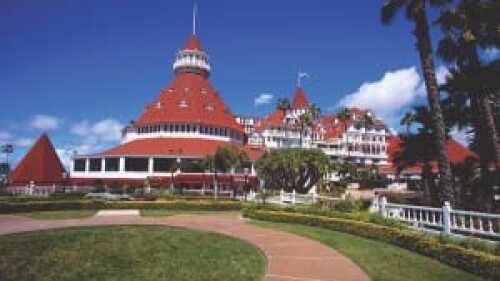Hotels and Resorts
Tourism is a critical factor in the U.S. and world economies. “The impacts of tourism on a community can be beneficial if planned and managed, or extremely damaging if left without controls,” says Michael Kelly, former chairman of the APA’s tourism planning division.
Technology and changing travel habits are checking in as long-term guests.
The “fear of missing out” is a major motivator for today’s most affluent millennials who want every travel moment to be memorable—and tweetable.
Resorts and vacation homes—always the last real estate sector to recover from an economic downturn—are seeing increased activity, but developers are looking toward the future.
Built on land acquired during the Great Recession, Swire’s Brickell City Centre could transform downtown Miami.
In many--and sometimes surprising--ways, 55-and-older consumers are seeking the same housing amenities and lifestyles as their youngers.
At a 2014 ULI Spring Meeting panel in Vancouver, three successful resort developers discussed how they are achieving success by focusing on health, wellness, and activities that bring together family members across all generations—even ex-spouses.
The redevelopment of the historic Metropole building represents the first full-service hotel to open in downtown Cincinnati in 28 years.
Perhaps nothing illustrates the precipitous fall of the U.S. resort sector as the saga that put a quartet of household-name properties under the control of a sovereign wealth fund.
Three years into the recovery of the destination resort sector, the wayside remains littered with casualties from the previous boom-and-bust cycle. The primary culprit: crushing debt.









